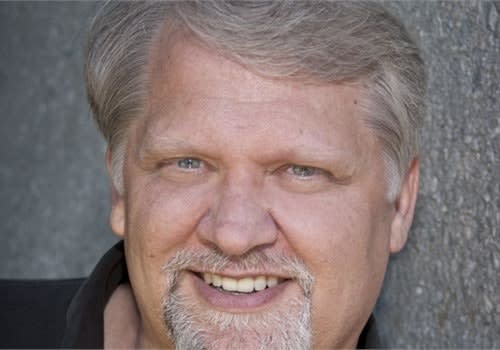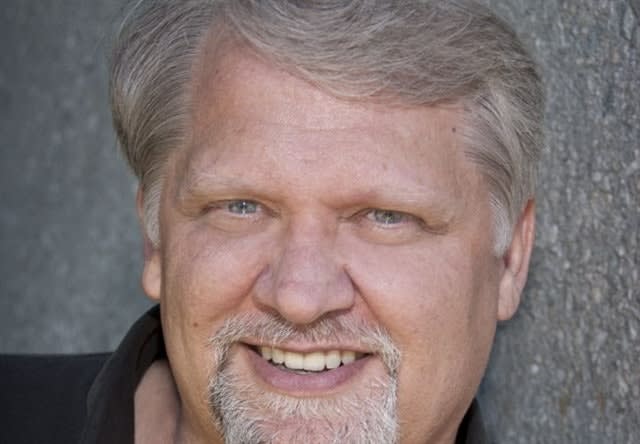
Like many of you, I spent the weekend often thinking about the tragedy in Aurora, Colo. After the initial gut-punch sensation at hearing the news, the next thing that struck me was the remarkable response time of the Aurora Police Department. One would not want to envision how much worse things might have been absent their ability to heroically corral the shooter and obtain intel regarding his heavily booby-trapped room.
But even with that incredible response time, the shooter was able to tally up the highest number of victims in America's sordid history of mass shooters. In the hours following the incident, officers across the country posted their thoughts on Facebook, Police_L and elsewhere. Much ensuing debate revolved around speculation about the presence or absence of any armed patrons inside the theater and what impact an off-duty cop might have brought to bear on the matter.













